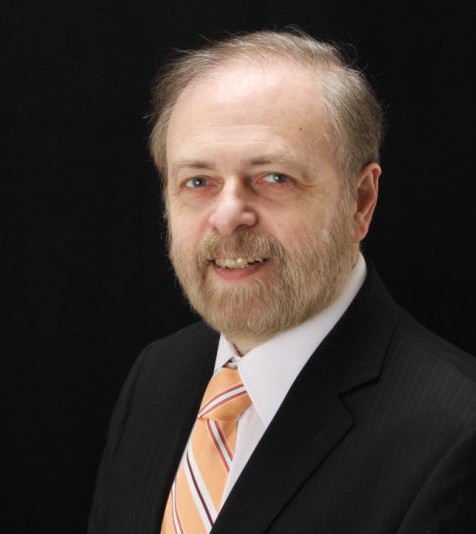By Rabbi Mordechai Levin
In a few days we will commemorate Yom Hashoah v’Hagevurah, the Holocaust and Heroism Day. On this day, we remember the six million Jews murdered by the German Nazis and their collaborators in Poland, Ukraine, the Baltic states, France, etc. In 1951, the Knesset, Israel’s parliament, chose the date of the 27th of Nisan because of its connection to the Warsaw Ghetto uprising. The day was aimed to remember both the martyrdom of those who were murdered and heroism of those who resisted the Nazis.
A number of Hebrew and English terms began to be used after the war to describe the murder of European Jewry. The most common in English is the word “holocaust.” The word is drawn from a particular form of biblical sacrifice that involved an animal offering that was wholly consumed by fire. A second frequently-used term is “shoah,” a Hebrew word meaning “catastrophe.”
The Shoah is unique because never before had a state set out, as a matter of intentional principle and actualized policy, to physically eliminate every person belonging to a specific people. The devastating nature of the Nazi slaughter has compelled people to search for answers to many questions, among them: How could God have let this happen?
Different Jewish thinkers shared their thoughts about this question – Where Was God During the Holocaust? – that does not have an answer. Some said that the Shoah is like other tragedies — national or personal — and merely raises again the question of the problem of evil and why people suffer, but it does not significantly alter the question, “Where was God?”
According to Rabbi Richard Rubenstein, the horrors of the Shoah prove that there is no God. Some may think that this would lead to the end of Judaism and consequently, the end of the Jewish people as a meaningful group. Rubenstein argues that since there is no God, the existence of the people of Israel is all the more important. In other words, now that there is nowhere else to turn for meaning, Jews need each other all the more in order to create meaning.
Philosopher Hans Jonas wrote that the Jewish people must redefine their notion of God altogether. God is not all-powerful and all-knowing, and thus was neither responsible for the Shoah, nor could He have stopped it from happening.
Rabbi Eliezer Berkovits stated that human beings have free will to do as they please, whether good or evil, and thus it is not God who caused or even allowed the Shoah, but human beings.
Using the same line of thought, Rabbi Jonathan Sacks wrote, “People sometimes ask me: ‘Where was God in the Holocaust?’ But the real question is: Where was humanity? God’s voice has been heard since man first walked on earth — in the words, “You shall not murder”; in the words, “Do not oppress a stranger”; in the words, “Your brother’s blood cries to me from the ground.” God wasn’t silent in the Holocaust. God wasn’t silent in Rwanda. But when God speaks and we don’t listen, even God can’t save us from ourselves.
After decades of trying to understand the Shoah, many questions about the murderers, the bystanders, and even God, remain unanswered. A few things are clear: we have to keep alive the memory of the six million; we have to learn and to teach the lessons of the Shoah. And as our people always did, we have to live a vibrant and committed Jewish life in our communities and in the State of Israel.
 is the rabbi of Congregation Beth Israel in Munster, IN. He received his rabbinic ordination from the Latin American Rabbinical Seminary, and is a member of the Rabbinical Assembly. In 2010, he was awarded an Honorary Doctorate of Divinity from the Jewish Theological Seminary in New York City for his years of dedicated service to the Conservative movement and the Jewish community...
is the rabbi of Congregation Beth Israel in Munster, IN. He received his rabbinic ordination from the Latin American Rabbinical Seminary, and is a member of the Rabbinical Assembly. In 2010, he was awarded an Honorary Doctorate of Divinity from the Jewish Theological Seminary in New York City for his years of dedicated service to the Conservative movement and the Jewish community...